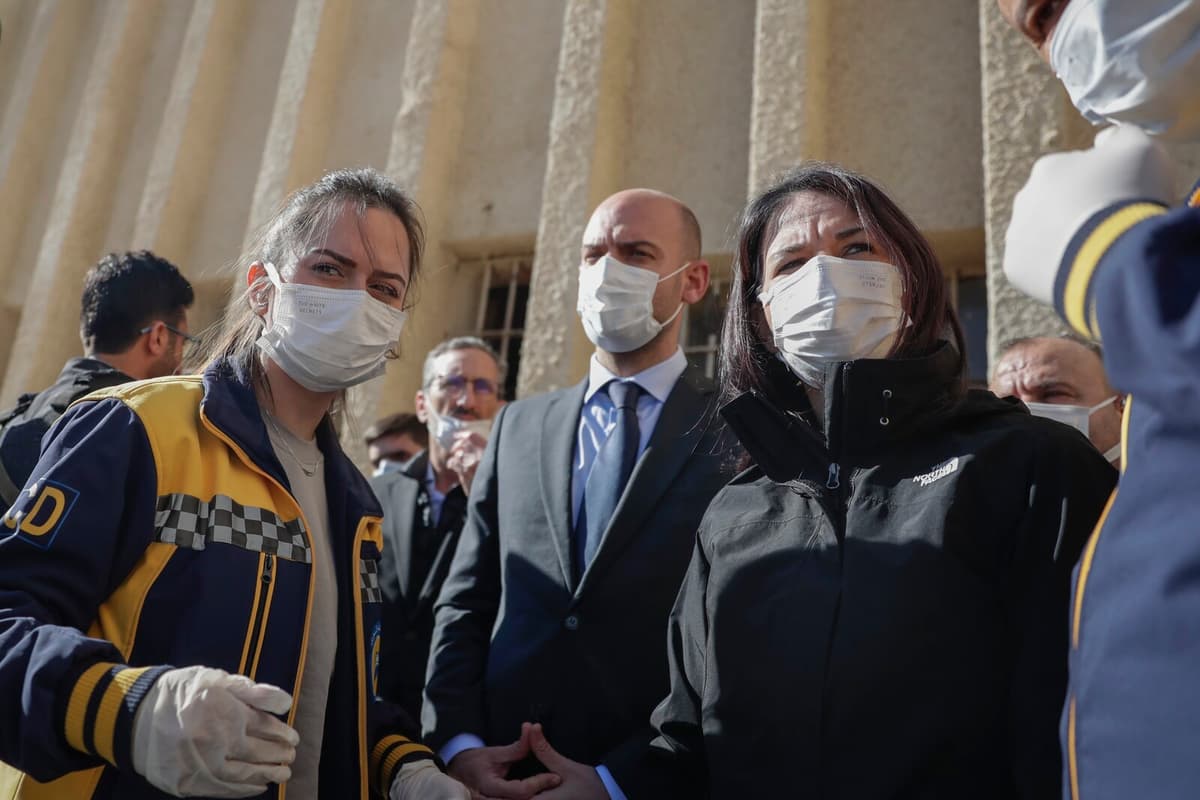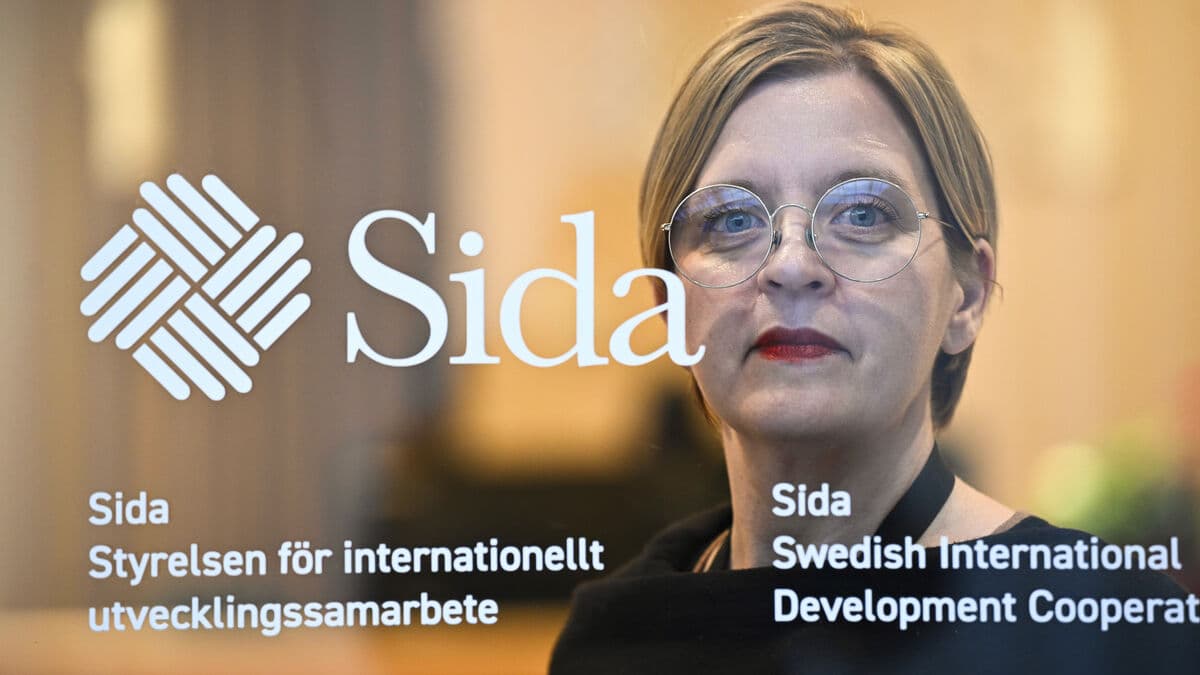The two European ministers met Syria's new leader Ahmed al-Sharaa on site at the presidential palace in Damascus. Sharaa is also the leader of the Islamist group Hayat Tahrir al-Sham, HTS, which led the offensive and took power together with other rebel groups in Syria earlier in December.
On site in Damascus, Barrot expressed hope for a "sovereign, stable and peaceful" Syria:
But it is a fragile hope.
Inspect chemical weapons
He called for an immediate inspection to determine if Syria still stores chemical warfare agents.
Then, Barrot formulated France's hope for a future Syria:
A political solution must be reached with France's allies: the Kurds, so that they are fully integrated into the political process that begins today.
In a statement, German Foreign Minister Baerbock said the visit is a "clear signal" to Damascus about the possibility of a new relationship between Syria and Germany, and Europe at large.
"My trip today – together with my French colleague and on behalf of the EU – is a clear signal to the Syrians: a new political beginning between Europe and Syria, between Germany and Syria, is possible", she wrote on X.
"Avoid Islamization"
Baerbock urged the new rulers to avoid all "revenge actions against groups within the population". She also emphasized the importance of avoiding delays before elections are held and preventing attempts to Islamize the judicial and educational systems.
On Friday, the two foreign ministers visited the notorious Saydnaya prison north of Damascus, which has become a symbol of former President Bashar al-Assad's brutal rule. After the fall of the Assad regime, thousands of prisoners were released from the prison.






